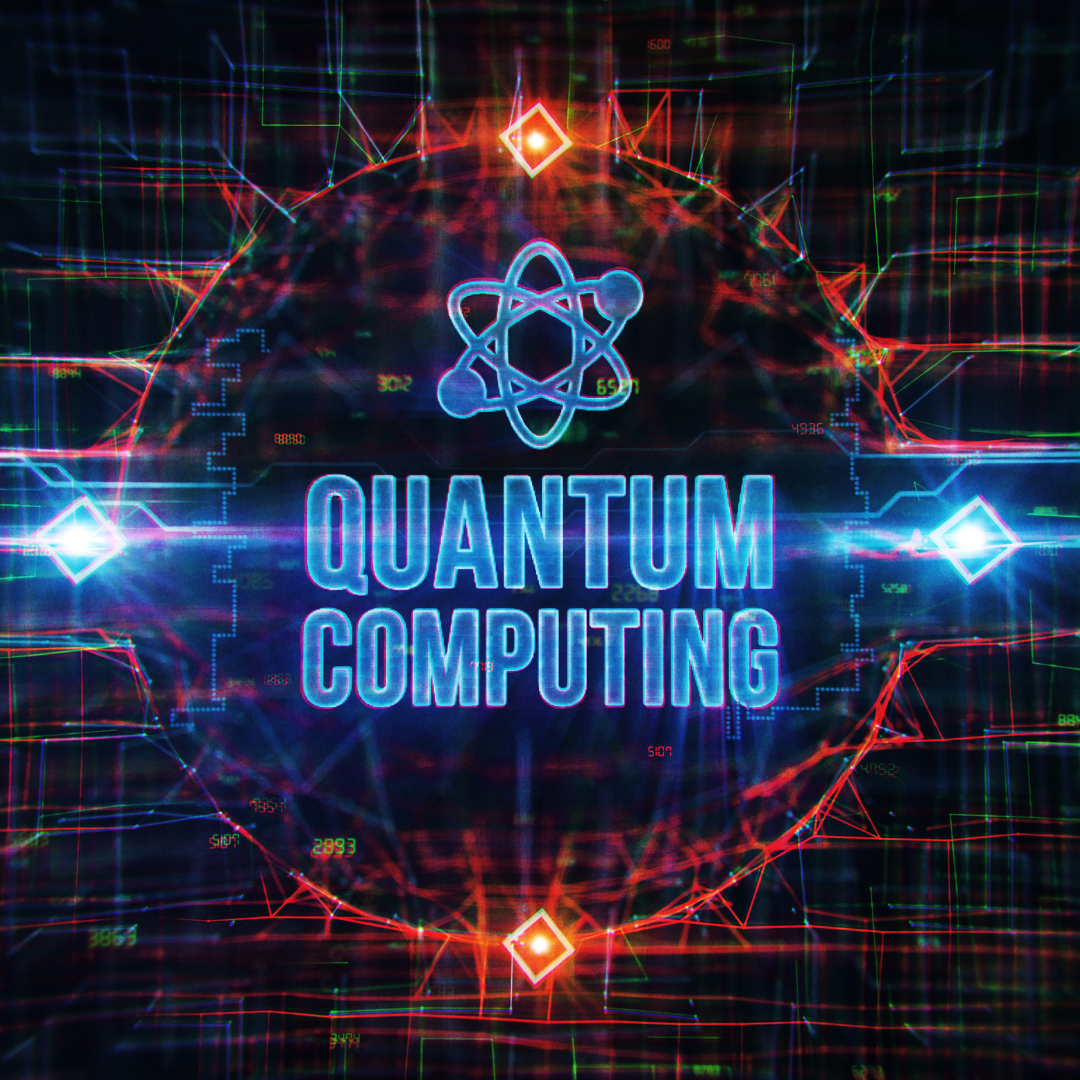Do you know what a quantum computer is? A quantum computer is different from normal computers in two important ways. First, it takes advantage of the laws of quantum physics. Second, it processes data at a speed that is hundreds of times faster than the fastest supercomputers. Despite the buzz about them, quantum computers are still in their infancy. But even if all the theoretical and engineering hurdles can be overcome, it is not yet clear how they will be used.
Quantum computers are a hot topic right now, and with good reason. They are quite powerful and could make a big impact in computing for the next few decades. But what exactly is a quantum computer? And what potential will it have for the future?
If you’ve ever played a video game, then you’ve probably wondered what it would be like to have a computer that could think like a human. Researchers at IBM have developed a computer, which they call a quantum computer, capable of simulating human cognition at the same levels. What does this mean for the future? Researchers believe that quantum computing could be one of the driving forces behind the development of artificial intelligence and play a large part in the future of modern computing.
A lot of people don’t know that quantum computing is really the next step in computers. The main advantage of quantum computers is that they can do things that regular computers can’t, like simulate quantum physics and, theoretically, break super-secure cryptography. But, as with any new technology, there is a lot of science and some really confused-sounding jargon thrown around about quantum computers. So, what exactly is a quantum computer?
What is a Quantum Computer?
Quantum computers are machines that use quantum mechanics to solve problems that are difficult (or impossible) for conventional computers. As their name suggests, they operate at the quantum level of matter, which is traditionally thought of as being only a few atoms wide. In reality, electrons in quantum computers are spread out over much larger distances, opening up the possibility of speeds that are much faster than the conventional silicon-based computers that dominate today. Quantum computers are the most promising technology of the 21st century, and their potential impact is huge.
How does Quantum Computing work?
The future of computing is not likely to be dominated by silicon-based computers. Research is underway to make quantum computing a reality, but it is a long way from being widely used. What’s the advantage of a quantum supercomputer? According to the University of Waterloo’s Dr. Stuart Freedman, “Quantum computers harness the power of quantum physics to solve problems that are intractable for even the most powerful supercomputers.” Dr. Freedman, who is an expert in quantum computing, explains, “Quantum computers are based on ion traps, devices where electrons are trapped in ultra-low energy states. This enables them to solve problems much faster than conventional computers. And in this way, they can potentially do things that no conventional computer can.
Quantum computing is a relatively new field of computing. It is being developed using a device known as a “quantum computer.” These computers attempt to solve problems that are much more difficult to solve than traditional computers. The problem is that not all quantum computers are created equal.
Conclusion
One of the many questions being asked by physicists, mathematicians, and engineers is: “Will we be able to get our hands on a computer that can actually harness the power of the quantum universe?” In our modern world, computers are made of bits that are either 1 or 0. The characters are either on or off, and the binary digits are either 1 or 0. Computers are made of bits with a physical nature, but that is manipulated by our minds. Theoretically, the digital bits that make up our computers are only two states, 1 or 0, but with a quantum world of bits that can be in multiple states at the same time, this is not so.
A regular computer works because it stores information in binary forms — like 0’s and 1’s — but a quantum computer uses quantum states that are completely different. So, instead of using 0’s and 1’s, they use quantum states made up of qubits. A qubit is a quantum bit of information.
In simple terms, Quantum computing is an extremely advanced technique that uses subatomic particles to store data, perform calculations, and most excitingly generate new random data.

